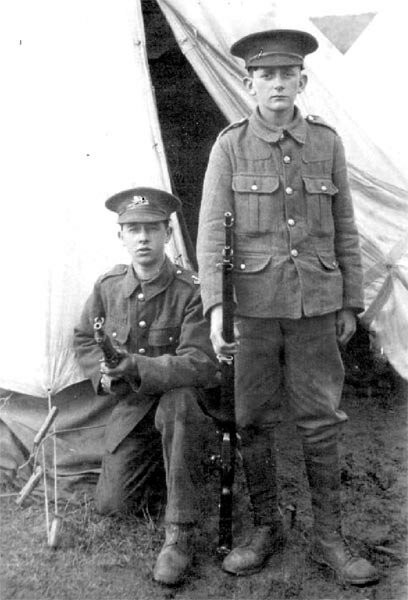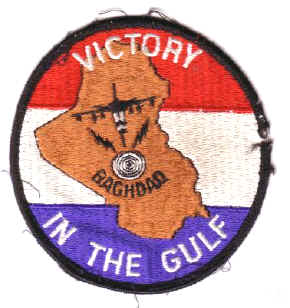Soldiers Disuse
link to article
A Discussion of American Propaganda & the Mass Media from the Spanish American War to the Present
Labels: ot long past five o'



"Most people who go to war come home from war. He neglected to mention that
certain Iraqi children who never went to war would never leave their homes
again."


 In this article, the art of advertising is being displayed as the most important way of winning World War II. Through advertising a fighting spirit must be developed and that "Fighting spirt that drives and urges and makes of hard work and sacrifice a sacred privilege." (Weir 13) How do we spread that fighting spirit, the cogenent vehicle that exists for interpereting this way of life and rousing that spirit is advertising. (Weir 13) What people must realize about this article is that the fighting spirit t must be developed to win the war. The best way to do this is through advertising because it takes place in all aspects of society during the war. This fighting spirit lies at the heart of every American, and without it being advertised for every citizen to see, these citizens may never realize how special the American way of life is and that we must do everything in our power to protect it.
In this article, the art of advertising is being displayed as the most important way of winning World War II. Through advertising a fighting spirit must be developed and that "Fighting spirt that drives and urges and makes of hard work and sacrifice a sacred privilege." (Weir 13) How do we spread that fighting spirit, the cogenent vehicle that exists for interpereting this way of life and rousing that spirit is advertising. (Weir 13) What people must realize about this article is that the fighting spirit t must be developed to win the war. The best way to do this is through advertising because it takes place in all aspects of society during the war. This fighting spirit lies at the heart of every American, and without it being advertised for every citizen to see, these citizens may never realize how special the American way of life is and that we must do everything in our power to protect it.

"The briefings, commented spokesman Lieutenant General Thomas Kelly, were 'the most significant part of the whole operation because for the first time ever...the American people were getting their information from the government-not from the press"


